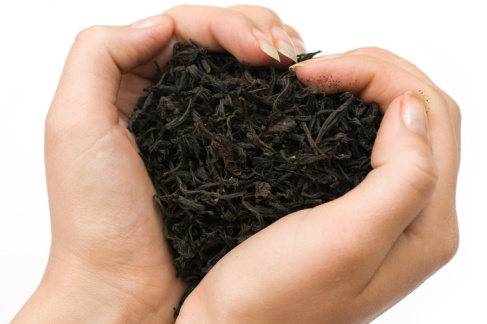Giving long-term damage sip by sip….
Illegal toxic pesticides are found in almost 70% of China’s tea, according to a Greenpeace study. Banned globally due to their long-term harmful effects, these pesticides can cause infertility, genetic damage and death.
Twelve out of eighteen tea products that Greenpeace purchased randomly in Beijing contained at least one toxic pesticide. These include methomyl and endosulfan, the latter is banned globally under the Stockholm Convention due to its toxic properties. The former, methomyl is classified “highly hazardous” by the World Health Organization (WHO).
The toxic tea is produced by seven of China’s top 10 tea sellers, according to Greenpeace. They included green, jasmine oolong tea.
Seventeen different types of pesticides were found in one sample, Richun’s Tieguanyin 803 tea. Eleven of the samples including Tenfu’s Bi Luo Chun tea and jasmine tea produced by Zhang Yiyuan and Wuyutai contained methomyl and endosulfan. These pesticides that are banned for on tea leaves by China’s Ministry of Agriculture.
One of the teas’ toxins, endosulfan, causes headaches, nausea and vomiting, seizures, and in extreme cases, unconsciousness and death. The EPA classifies this pesticide in its most extreme toxicity category (highly acutely toxic), because small doses prove to be lethal. Endosulfan made thirty-seven farmers dying in Benin, two boys die in South Africa, poison flower workers in Colombia, villagers in Philippines and India, according to studies.
For more information, download Greenpeace’s report.